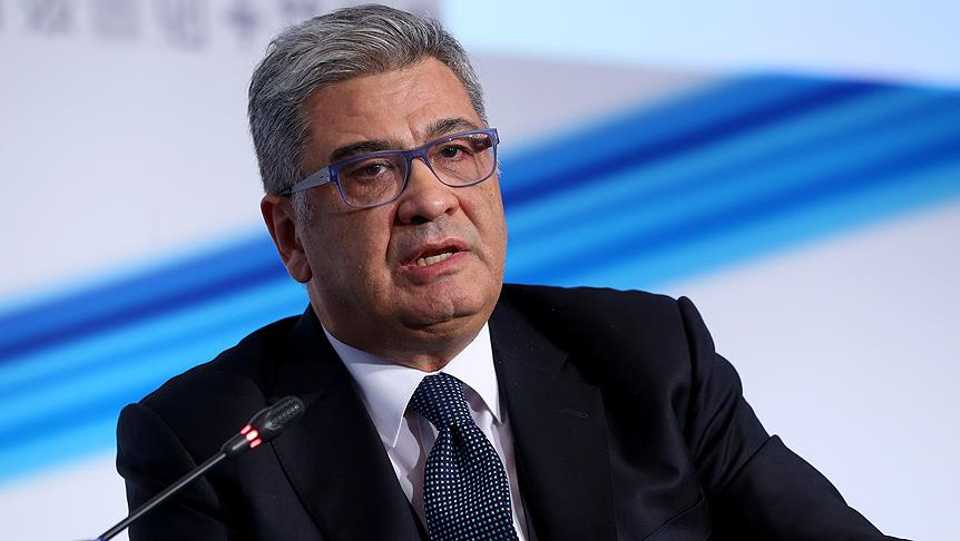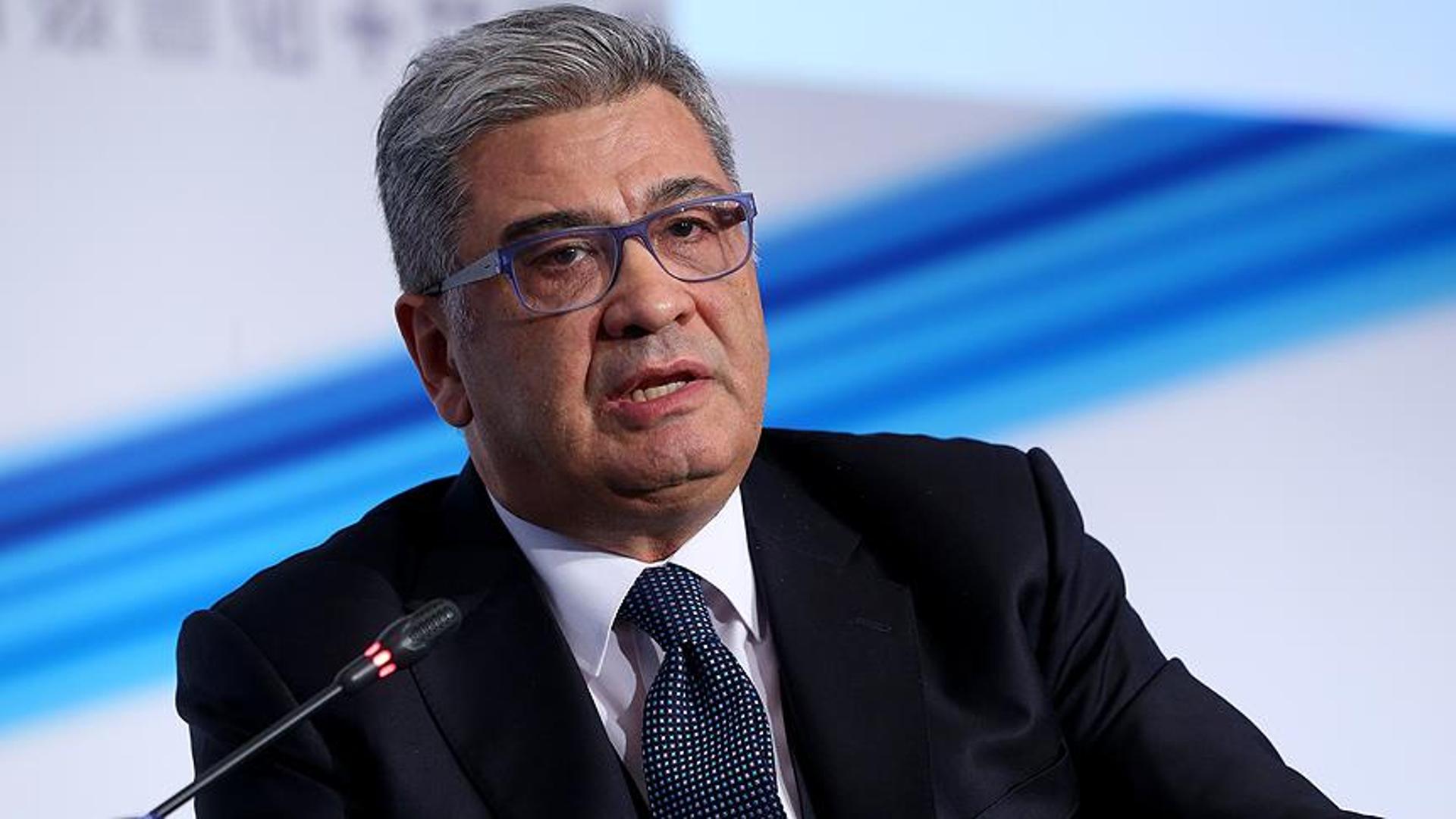
Cemil Ertem, chief economic adviser to Turkish President Recep Tayyip Erdogan since January 2015 has been working as a university lecturer, and has a PhD on economy and finance. He is also a columnist, and key figure in Turkey’s political economy.
Ertem has spoken to TRT World on the case against former Turkish state bank deputy CEO Hakan Atilla in the US and how it would affect Turkish economy. According to Ertem, the case is actually aimed at Turkish financial system but has not rattled Ankara, and attacks against it will not unsettle the Turkish banking and financial system.
Turkey says that it would not recognise this verdict, and that it was a FETO plot against the government. They suspect the judge might have had connections to FETO, and you’re investigating two of the prosecutors. Could you explain to people outside Turkey how you think this conspiracy could have come about?
CEMIL ERTEM: This case is basically going towards… As matter of fact, it’s actually now a case that has turned into a plot that interferes with our domestic affairs. There is widespread speculation, and it has been substantially determined in Turkish public opinion, that the judge in case has attended various events hosted by FETO, and has gained substantial benefits from them. From the start we have maintained that the statements by Reza Zarrab as an informant, the comments and documents of various FETO members, and the FETO police officers have all increased support for this case. The Turkish government, our authorities and judiciary have also ascertained this.
As the president has stated previously, in the days to come Turkey and Halkbank will take counteraction, and make a counterclaim defending their rights regarding this matter, as this is an attack on the reputation of Halkbank, and is aimed at the Turkish financial system. It has been much debated as to whether or not this case will have an impact on the Turkish economy. We have seen this has not, and will not, happen. Halkbank is, in reality, a bank with the strength to withstand such plots, and the foundation of the Turkish banking system is extremely stable.
This trial will not and has not started a debate on the Turkish financial system or Turkey itself. On the contrary it will start an international debate on the American system, the American political and legal systems.
If sanctions are imposed against Turkey and its banking sector because of this case, what would the government’s response be?
CE: As you know various international banks, including sizable banks, like Deutsche Bank and HSBC, have had to face such sanctions, and in this regard they have paid the required fines. If there is such a penalty here, it is a matter that will be considered within the scope of international regulations, the international banking system, and international law.
We do not expect it. We do not believe that many international laws, and international financial rules and regulations, will be breached. When and if it happens, Halkbank will pursue its rights and seek justice within the scope of international law, international banking regulations, and financial regulations. Accordingly, Turkey does not want to turn the situation into a political scuffle between the US and itself. And therefore, even though this matter will go down in history as a legal scandal, we believe it will not carry over any more into the political and economic sphere.
After all the problems between Turkey and the US, including the Zarrab case, how is the Turkish economy expected to perform in 2018?
CE: In 2017, Turkey displayed an outstanding performance in growth rate. We developed around 11.1% growth in the third quarter of 2017. We had a 7% growth rate throughout 2017.
Despite all of this speculation about the Turkish economy, these manipulative actions, the Turkish economy has nevertheless had a successful year. It has ranked among the highest developing economies in the world. Turkey has been ranked as one of the fastest growing economies among OECD countries. We believe this performance will continue in 2018.
Therefore all rating institutions and authorities, including those that keep IMF expectations and World Bank expectations, have had to positively revise their predications, based according to the results of the Turkish economy in 2017. We expect this trend to continue in 2018.










Discussion about this post